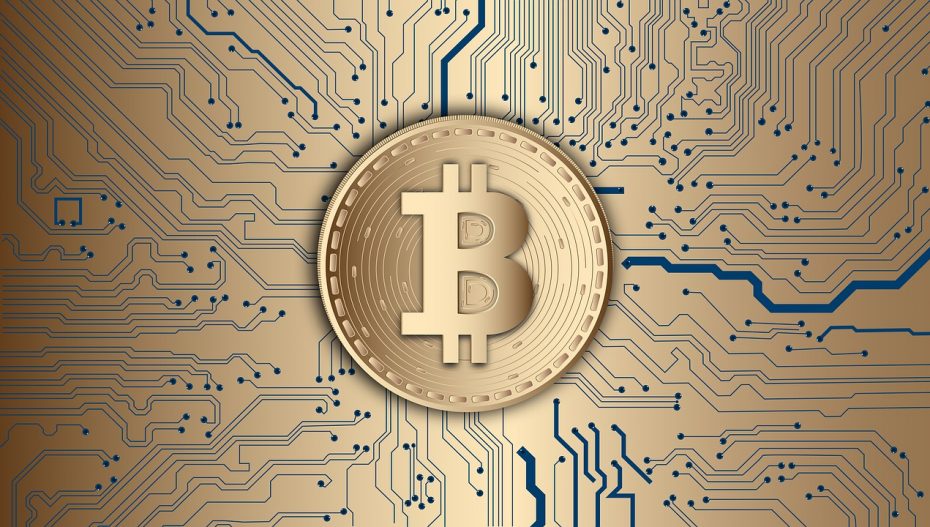Venture capital funds saw worth $30 billion investments in 2021. This exceeds more than total of all investments made in the last few years.
So, what is Cryptocurrency?
Crypto is a form of payment that can circulate without the need for a central monetary authority such as a government or bank. Instead, cryptocurrencies are created using cryptographic techniques that enable people to buy, sell or trade them securely.
The crypto ecosystem resides in a grey zone, which is why nations are sceptical about legalising it. Thus far, 51 countries have set heavy restrictions on all cryptocurrency-associated transactions. Some like China, Iraq and Bangladesh have absolutely banned and declared crypto to be completely illegal. Nations like Tanzania, Toga and Turkey have imposed an implicit ban which prohibits financial institutions from dealing and offering services involving cryptocurrencies.
It is an asset
Many global figures have expressed divided opinions when it comes to understanding the financial potential of crypto in the real world. The staunchest supporters include Tesla founder Elon Musk and Microstrategy co-founder Michael Saylor. Simply put, it is digital cash.
How does one invest?
While some cryptocurrencies, including Bitcoin, are available for purchase with U.S. dollars, others require that you pay with bitcoins or another cryptocurrency. To buy, you’ll need a “wallet” — an online app that can hold your currency. Generally, you create an account on an exchange, and then you can transfer real money to buy cryptocurrencies such as Bitcoin or Ethereum.
Then, where lies the problem?
It is like trading in the webbed world. Something like befriending a stranger on Meta. It is there in an intangible way. Added, in absence of laws to govern or monitor the money (bitcoin), there is danger of money laundering, terror funding or also stashing away unaccounted for wealth after evading taxes.
So, the solution?
Despite crypto still being in is nascent stage, it is already there!!! As IMF chief economist Gita Gopinath pointed out that given the borderless, transnational nature of cryptocurrencies, there is need for planned laws. Prime Minister Narendra Modi over the last few months has called for “jointly shaping global norms for emerging technologies like cryptocurrencies so that they are used to empower democracy and not undermine it.”
Laws and stricter monitoring by financial institutions is the only way out. The Indian government is contemplating bringing crypto transactions under the ambit of market watchdog Securities and Exchange Board of India, with the renaming of cryptocurrency as a crypto asset in a bid to distinguish it from the RBI’s digital currency project, the Central Bank Digital Currency, which will get underway next year.
Former US President Donald Trump labelled cryptocurrencies as “dangerous.” Crypto frauds have been on the rise, with scams related to it rising almost 81 percent over the last year.
Notably, the centre had indicated tabling a new bill on cryptocurrency, the Cryptocurrency and Regulation of Official Digital Currency Bill, 2021, during the winter session of Parliament. The bill seeks to “create a facilitative framework for the creation of the official digital currency to be issued by the RBI (Reserve Bank of India).” It sought prohibition of all private cryptocurrencies in India, with certain exceptions pertaining to the promotion of blockchain, the underlying technology of cryptocurrency and its uses. Additionally, the bill will also lay the groundwork for distributed ledger technology and the creation of the official digital currency.
However, the winter session wound up on December 23 without any discussion since the government sought wider consultations to introduce a bill that is in sync with global crypto standards being implemented in the European Union (EU) and other countries. Sources said the bill will likely be ready for presentation by May 2022.











